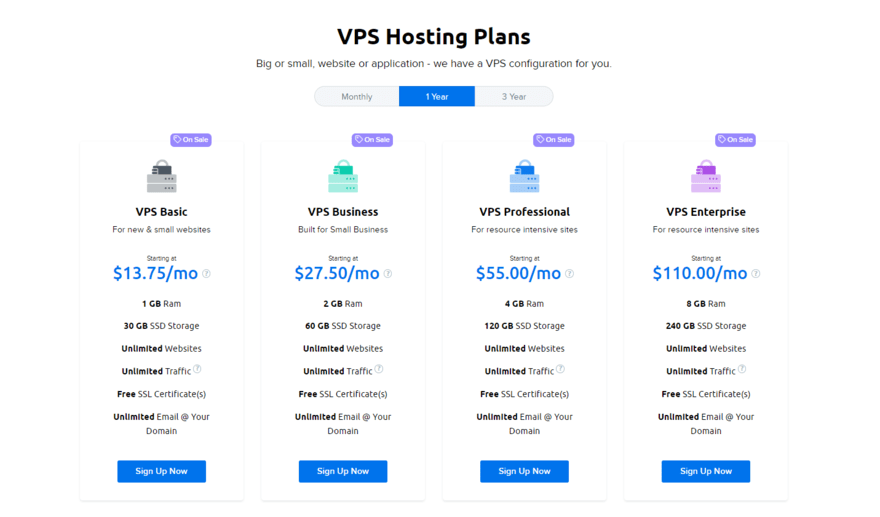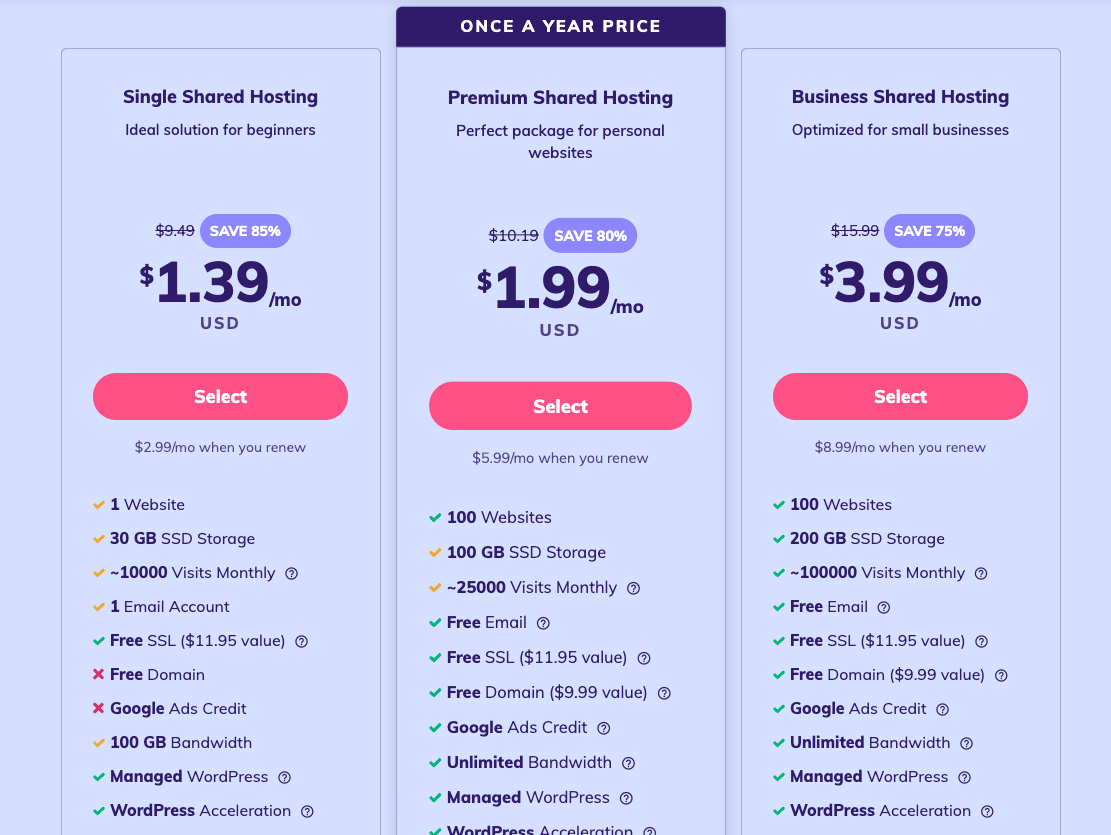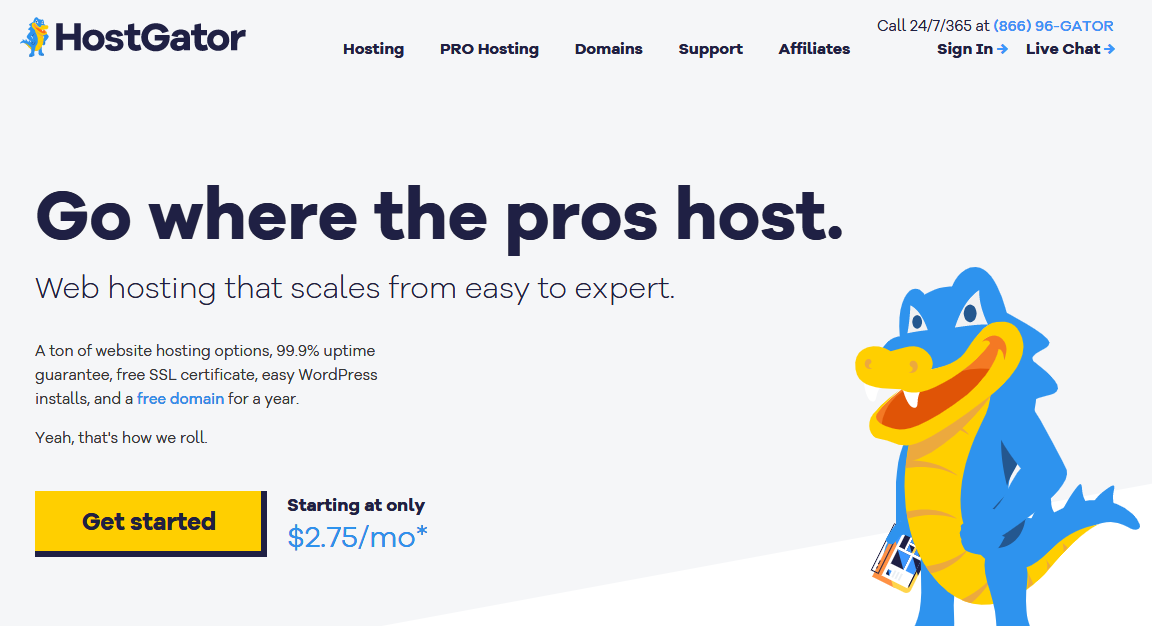Free web hosting services offer an enticing opportunity to launch a website without upfront costs. These services provide basic functionalities, enabling individuals and small businesses to establish an online presence without immediate financial investments. However, it’s crucial to understand the limitations associated with free hosting, such as limited storage space, bandwidth restrictions, and potential for advertising.
This comprehensive guide delves into the world of free web hosting, exploring its advantages, disadvantages, and different types. We’ll discuss essential factors to consider when choosing a free hosting provider, and provide valuable insights into best practices for optimizing website performance and security. We’ll also examine the potential evolution of free web hosting services and the impact of technological advancements on the future of this landscape.
Disadvantages of Free Web Hosting
While free web hosting offers an attractive entry point for website owners, it comes with certain limitations and potential downsides that you should be aware of. These drawbacks can significantly impact your website’s performance, security, and overall user experience.
Limited Storage Space and Bandwidth
Free web hosting services typically offer a limited amount of storage space and bandwidth. This means you have a restricted amount of space to store your website files, including images, videos, and other content. Similarly, your bandwidth is limited, affecting the amount of data that can be transferred between your website and visitors.
- Impact on Website Content: Limited storage space can restrict the amount of content you can upload to your website, forcing you to make difficult choices about what to include and exclude. You might have to compromise on the quality or quantity of images, videos, or other multimedia content to stay within the allocated space. This can negatively impact your website’s visual appeal and user engagement.
- Performance Issues: Insufficient bandwidth can lead to slow loading times for your website, especially during peak traffic hours. This can frustrate visitors and negatively impact your search engine ranking, as search engines prioritize websites with fast loading times. Slow loading times can also lead to higher bounce rates, as users may abandon your website if it takes too long to load.
Impact of Advertising
Free web hosting services often rely on advertising revenue to cover their costs. This means your website may display ads from third-party companies, which can be intrusive and negatively impact the user experience.
- Cluttered User Interface: Advertisements can clutter your website’s layout, making it difficult for visitors to navigate and find the information they’re looking for. This can lead to a decrease in user engagement and satisfaction.
- Brand Reputation: The presence of irrelevant or inappropriate advertisements can damage your website’s credibility and brand image. This is especially true if the ads are inconsistent with your website’s content or target audience.
Security and Reliability Concerns
Free web hosting services often have limited security features and may not offer the same level of reliability as paid hosting providers. This can leave your website vulnerable to attacks and downtime.
- Increased Risk of Attacks: Free web hosting services may not have the same level of security measures as paid providers, making your website more susceptible to hacking attempts, malware infections, and other cyber threats. This can compromise your website’s data, disrupt its operations, and damage your reputation.
- Downtime and Performance Issues: Free hosting services may experience frequent downtime due to server overload, technical issues, or maintenance. This can disrupt your website’s accessibility and negatively impact your users’ experience. Additionally, shared servers, a common practice in free hosting, can lead to performance issues if other websites on the same server experience heavy traffic.
Types of Free Web Hosting

Free web hosting services come in various forms, each with its unique characteristics and limitations. Understanding these differences is crucial for choosing the right type of hosting that suits your specific needs.
Shared Hosting
Shared hosting is the most common type of free web hosting. It involves sharing server resources with other websites on the same server. This approach is cost-effective for hosting providers, allowing them to offer free hosting plans.
- Resource Sharing: Websites on a shared server share resources such as CPU, RAM, and disk space. This means the performance of your website can be affected by the activity of other websites on the same server.
- Limited Resources: Free shared hosting plans typically come with limited resources, such as storage space, bandwidth, and processing power. This can restrict the growth and scalability of your website.
- Security Concerns: Shared hosting can pose security risks, as your website is vulnerable to attacks or malicious activity from other websites on the same server.
- Limited Features: Free shared hosting plans often have limited features, such as email accounts, databases, and scripting languages.
Examples of free shared hosting providers include:
- 000Webhost
- Freehostia
- ByetHost
Cloud Hosting
Cloud hosting utilizes a network of servers to distribute resources and provide greater flexibility and scalability. While free cloud hosting is less common than shared hosting, some providers offer limited free plans.
- Scalability: Cloud hosting allows websites to scale resources dynamically based on traffic and demand, offering greater flexibility compared to shared hosting.
- Reliability: Cloud hosting is generally more reliable than shared hosting, as it distributes resources across multiple servers, reducing the impact of server failures.
- Cost-Effective: Free cloud hosting plans offer a cost-effective option for basic websites, although they may have limitations on resources and features.
- Limited Features: Free cloud hosting plans typically have limited features, such as storage space, bandwidth, and processing power, compared to paid plans.
Examples of free cloud hosting providers include:
- Google Cloud Platform (limited free tier)
- Amazon Web Services (limited free tier)
- Microsoft Azure (limited free tier)
Free Website Builders
Free website builders provide a user-friendly platform for creating simple websites without requiring coding knowledge. These platforms often offer free hosting as part of their service.
- Ease of Use: Website builders are designed for beginners, with drag-and-drop interfaces and pre-designed templates, making it easy to create a website without coding experience.
- Limited Customization: Free website builders often have limited customization options, restricting the design and functionality of your website.
- Branding Restrictions: Free plans may include advertisements or branding from the website builder on your website.
- Limited Features: Free website builder plans typically have limited features, such as storage space, bandwidth, and advanced functionalities.
Examples of free website builders include:
- Wix
- Weebly
- WordPress.com (free plan)
Factors to Consider When Choosing Free Web Hosting
Choosing a free web hosting provider can be a daunting task, as you need to balance the cost savings with the limitations that come with free services. To make an informed decision, it’s essential to consider several crucial factors that will impact your website’s performance, security, and overall user experience.
Website Performance
Website performance is crucial for user satisfaction and engagement. Slow loading times can lead to high bounce rates and a negative impact on your website’s search engine ranking. When choosing a free web hosting provider, it’s essential to consider the following factors:
- Server Location: The physical location of the server hosting your website can significantly affect its loading speed. Servers located closer to your target audience will generally offer faster loading times.
- Server Resources: Free web hosting providers often have limited server resources, such as CPU, RAM, and storage space. These limitations can impact your website’s performance, especially during peak traffic hours.
- Uptime Guarantee: A reliable web hosting provider should offer a high uptime guarantee, ensuring your website is accessible to visitors at all times. Free web hosting services may have lower uptime guarantees or experience frequent downtime due to limited resources.
Security
Website security is paramount, especially when dealing with sensitive user data or online transactions. Free web hosting providers often offer limited security features, which can leave your website vulnerable to attacks. Consider these factors:
- SSL Certificates: An SSL certificate encrypts the data transmitted between your website and visitors’ browsers, ensuring secure communication. While some free web hosting providers offer basic SSL certificates, others may not.
- Malware Protection: Free web hosting services may not offer comprehensive malware protection, which can put your website at risk of infection.
- Data Backup: Regular data backups are crucial for recovering from data loss or security breaches. Free web hosting providers may have limited backup options or may not offer backups at all.
Customer Support
Having access to reliable customer support is essential when encountering technical issues or needing assistance with your website. Free web hosting providers often offer limited customer support, which can be frustrating for users. Consider these factors:
- Availability: The availability of customer support is crucial, especially during emergencies. Free web hosting providers may have limited support hours or rely solely on email or ticketing systems, which can lead to slow response times.
- Response Time: The time it takes for customer support to respond to inquiries can be a major factor in choosing a hosting provider. Free web hosting providers may have longer response times compared to paid services.
- Knowledge Base: A comprehensive knowledge base can be helpful for resolving common issues without needing to contact customer support. Free web hosting providers may have limited or outdated knowledge base resources.
Website Traffic and Bandwidth Limitations
Free web hosting providers often impose limitations on website traffic and bandwidth, which can impact your website’s performance and growth. Consider these factors:
- Traffic Limits: Free web hosting providers may have limits on the amount of traffic your website can handle. Exceeding these limits can result in slow loading times or even website downtime.
- Bandwidth Limits: Bandwidth refers to the amount of data your website can transfer per month. Free web hosting providers may have limited bandwidth, which can impact your website’s ability to handle large files or heavy traffic.
Alternatives to Free Web Hosting: Free Web Hosting Services
While free web hosting can be a tempting option for those starting out, it often comes with limitations that can hinder your website’s growth and performance. Paid web hosting offers a more robust and reliable solution, providing the resources and features necessary for a successful online presence.
Paid Web Hosting: A Comprehensive Solution
Paid web hosting provides a range of benefits that free hosting simply cannot match. These benefits include:
- Increased Storage and Bandwidth: Paid hosting plans offer significantly more storage space and bandwidth, allowing you to host larger websites with more content and handle higher traffic volumes without performance issues.
- Enhanced Security: Paid hosting providers invest in robust security measures, including firewalls, malware protection, and regular backups, to safeguard your website and data from threats.
- Improved Performance: With dedicated resources and advanced server technology, paid hosting delivers faster loading speeds and better overall website performance, leading to improved user experience and rankings.
- 24/7 Support: Paid hosting providers typically offer 24/7 customer support, ensuring that you can access assistance whenever you need it, resolving technical issues quickly and efficiently.
- Advanced Features: Paid hosting plans often include advanced features like email accounts, databases, and website management tools, empowering you to manage your website effectively.
Types of Paid Hosting Plans, Free web hosting services
Paid web hosting plans are available in various types, each catering to different needs and budgets. Here are some common types:
- Shared Hosting: Shared hosting is the most affordable option, where multiple websites share the same server resources. It’s suitable for small websites with low traffic volumes.
- VPS Hosting: Virtual Private Server (VPS) hosting provides a dedicated portion of a server’s resources, offering greater performance and control compared to shared hosting. It’s ideal for growing websites with moderate traffic.
- Cloud Hosting: Cloud hosting distributes your website across multiple servers, ensuring high availability and scalability. It’s suitable for websites with fluctuating traffic or demanding applications.
- Dedicated Hosting: Dedicated hosting provides you with an entire server exclusively for your website, offering maximum performance and security. It’s the most expensive option, suitable for high-traffic websites or demanding applications.
Cost Comparison of Paid Hosting Plans
The cost of paid hosting plans varies significantly depending on the type of plan, provider, and features included. Here’s a general cost comparison:
| Hosting Type | Average Monthly Cost |
|---|---|
| Shared Hosting | $3-$10 |
| VPS Hosting | $15-$50 |
| Cloud Hosting | $20-$100+ |
| Dedicated Hosting | $100-$500+ |
Advantages of Upgrading to Paid Hosting
Upgrading to a paid hosting plan can be a strategic move for your website, offering several advantages:
- Improved Performance: Paid hosting plans provide dedicated resources and optimized server configurations, resulting in faster loading speeds and better overall website performance.
- Enhanced Security: Paid hosting providers offer advanced security features, including firewalls, malware protection, and regular backups, safeguarding your website and data from threats.
- Increased Scalability: Paid hosting plans offer scalability options, allowing you to easily upgrade your resources as your website grows, ensuring continued performance and reliability.
- Professional Support: Paid hosting providers typically offer 24/7 customer support, ensuring that you can access assistance whenever you need it, resolving technical issues quickly and efficiently.
Best Practices for Free Web Hosting
Free web hosting, while appealing for its cost-effectiveness, often comes with limitations. To make the most of your free hosting experience and ensure a smooth and efficient website operation, implementing best practices is crucial.
Optimizing Website Performance
Website performance is critical for user experience and search engine rankings. Optimizing your website for speed and efficiency is essential, especially on free hosting, where resources are often limited.
- Minimize Image Sizes: Large images can significantly slow down website loading times. Optimize images by compressing them without sacrificing quality. Use tools like TinyPNG or Compressor.io to reduce file sizes.
- Use a Content Delivery Network (CDN): A CDN distributes your website content across multiple servers worldwide, allowing users to access it from the nearest server, reducing latency and improving loading times. Some free hosting providers offer CDN integration or allow you to use third-party CDNs.
- Enable Caching: Caching stores frequently accessed website content on the server, reducing the need to load it from the database each time. This significantly speeds up website performance. Many free hosting providers offer caching features, but you might need to configure them manually.
- Optimize Code: Clean and efficient code is essential for website performance. Minimize unnecessary code, remove unused scripts, and use optimized libraries. Regularly update your website software and plugins to ensure they are running efficiently.
- Minimize External Resources: Limit the number of external resources, such as fonts, scripts, and stylesheets, loaded on your website. Each external resource adds an extra request, potentially slowing down loading times. Consider using local resources or combining them to reduce the number of requests.
Managing Security and Protecting Data
Security is paramount, especially when using free web hosting, as your website might be vulnerable to attacks. Implementing robust security measures is essential to protect your data and website integrity.
| Security Measure | Description | Example |
|---|---|---|
| Strong Passwords | Use complex passwords with a combination of uppercase and lowercase letters, numbers, and symbols. Avoid using common words or personal information. | Example: "P@sswOrd123!" |
| Two-Factor Authentication (2FA) | Enable 2FA for your hosting account and website logins. This adds an extra layer of security by requiring a code sent to your phone or email in addition to your password. | Many hosting providers offer 2FA options using authenticator apps like Google Authenticator or Authy. |
| Regular Updates | Keep your website software, plugins, and themes up-to-date. Updates often include security patches that address vulnerabilities. | WordPress releases security updates regularly. It’s essential to install them promptly. |
| Website Firewall | Use a firewall to protect your website from malicious traffic and attacks. Some free hosting providers offer basic firewall protection, but you might need to install a third-party firewall for more robust security. | Popular firewall plugins for WordPress include Wordfence and Sucuri. |
| Regular Backups | Create regular backups of your website data. This allows you to restore your website in case of data loss due to attacks or accidental deletions. | Many free hosting providers offer basic backup features. You can also use third-party backup solutions like UpdraftPlus or BackupBuddy. |
Choosing a Domain Name and Configuring DNS Settings
Choosing a suitable domain name and configuring DNS settings correctly is crucial for your website’s accessibility and branding.
- Domain Name Selection: Select a domain name that is relevant to your website’s content, easy to remember, and available. Consider using a domain registrar that offers free domain names with certain hosting plans.
- DNS Configuration: DNS settings determine how your domain name resolves to your website’s server. Most free hosting providers provide instructions on how to configure DNS settings for your domain. Make sure to point your domain name’s A record to your hosting server’s IP address.
- Domain Name Privacy: Consider using domain name privacy protection to hide your personal information from public WHOIS records. This can help protect you from spam and unwanted contact. Some domain registrars offer this service for an additional fee.
Examples of Free Web Hosting Providers
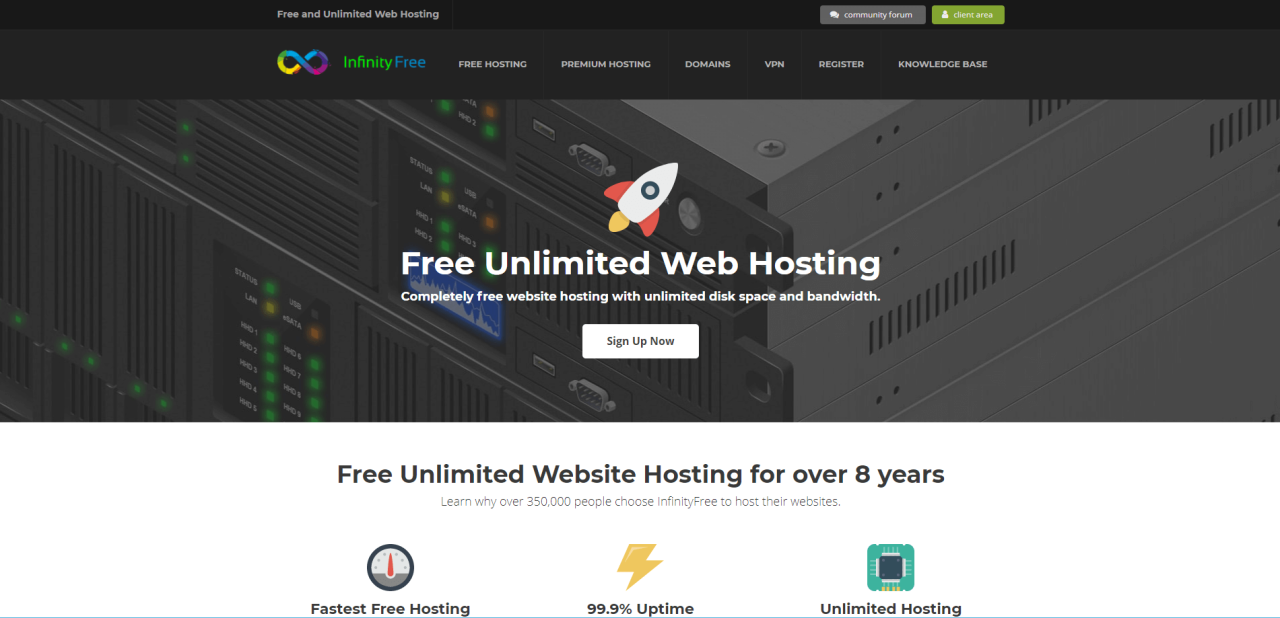
Finding a reputable free web hosting provider can be a challenge, but there are a few options available that offer basic services without any upfront cost. These providers typically have limitations in terms of storage, bandwidth, and features, but they can be a good starting point for individuals or small businesses with limited budgets.
Free Web Hosting Providers
This section provides a list of reputable free web hosting providers, comparing their features, limitations, and pricing.
- Freehostia: Freehostia is a popular choice for beginners, offering a free plan with 250 MB of disk space, 3 GB of bandwidth, and support for basic website features. It also includes a free domain name for the first year. However, it has limited resources and lacks advanced features like email accounts or databases.
[Link: https://www.freehostia.com/] - 000Webhost: 000Webhost provides a free hosting plan with 1 GB of disk space, 10 GB of bandwidth, and a free domain name. It also supports basic website features, including PHP and MySQL. However, it comes with ads and limited resources.
[Link: https://www.000webhost.com/] - ByetHost: ByetHost offers a free hosting plan with 5 GB of disk space, 20 GB of bandwidth, and support for basic website features. It also includes a free domain name and a free SSL certificate. However, it has limited features and may experience slower speeds due to shared resources.
[Link: https://www.byethost.com/] - InfinityFree: InfinityFree is a free web hosting provider that offers unlimited disk space, bandwidth, and email accounts. It also supports various programming languages and databases. However, it may have performance issues due to its shared hosting environment.
[Link: https://www.infinityfree.net/] - AwardSpace: AwardSpace provides a free hosting plan with 1 GB of disk space, 5 GB of bandwidth, and support for basic website features. It also includes a free domain name and a free SSL certificate. However, it has limited features and may experience slower speeds due to shared resources.
[Link: https://www.awardspace.com/]
Comparing Free Web Hosting Providers
The following table provides a comparison of the features, limitations, and pricing of the free web hosting providers listed above.
| Provider | Disk Space | Bandwidth | Features | Limitations | Pricing |
|---|---|---|---|---|---|
| Freehostia | 250 MB | 3 GB | Basic website features | Limited resources, no email accounts or databases | Free |
| 000Webhost | 1 GB | 10 GB | Basic website features, PHP, MySQL | Ads, limited resources | Free |
| ByetHost | 5 GB | 20 GB | Basic website features, free domain name, free SSL certificate | Limited features, slower speeds | Free |
| InfinityFree | Unlimited | Unlimited | Various programming languages, databases, email accounts | Performance issues | Free |
| AwardSpace | 1 GB | 5 GB | Basic website features, free domain name, free SSL certificate | Limited features, slower speeds | Free |
Future of Free Web Hosting
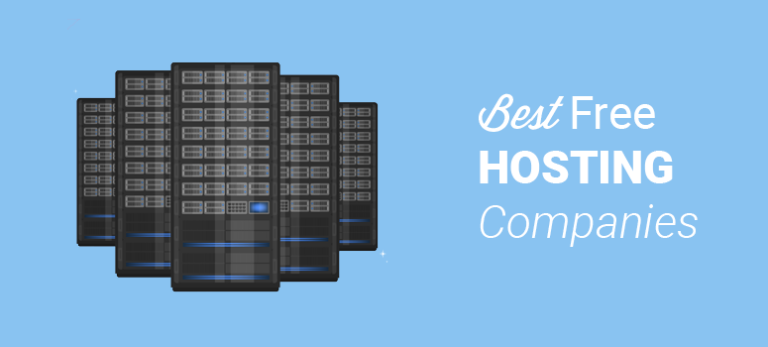
The landscape of free web hosting is in constant flux, driven by technological advancements and the evolving needs of users. While the concept of free hosting may seem counterintuitive in a world dominated by paid services, it remains a viable option for specific use cases, particularly for individuals and small businesses with limited budgets.
Impact of Technological Advancements
The advent of cloud computing, containerization, and serverless architectures has fundamentally reshaped the hosting landscape. These technologies have enabled providers to offer more efficient and scalable hosting solutions, making it possible to provide free services with reasonable performance and reliability.
- Cloud Computing: Cloud platforms such as AWS, Google Cloud, and Azure offer economies of scale that allow providers to offer free hosting by leveraging shared resources and infrastructure.
- Containerization: Containerization technologies like Docker enable the creation of lightweight and portable environments, making it easier to manage and deploy free hosting services.
- Serverless Computing: Serverless platforms like AWS Lambda and Google Cloud Functions allow providers to offer free hosting by charging only for the actual resources used, rather than a fixed monthly fee.
Summary
While free web hosting can be a viable option for specific needs, it’s essential to weigh the pros and cons carefully. As your website grows and your requirements evolve, upgrading to a paid hosting plan might become necessary to unlock greater flexibility, performance, and security. By understanding the nuances of free web hosting and considering your long-term goals, you can make informed decisions that best support your online endeavors.
Free web hosting services can be a great option for starting a website or blog, but they often come with limitations. If you need more control and flexibility, consider a self-hosted solution like obsproject. This platform allows you to install and configure your own software, giving you complete freedom to customize your online presence.
While self-hosting requires a bit more technical knowledge, it offers a higher level of customization and performance compared to free web hosting services.


